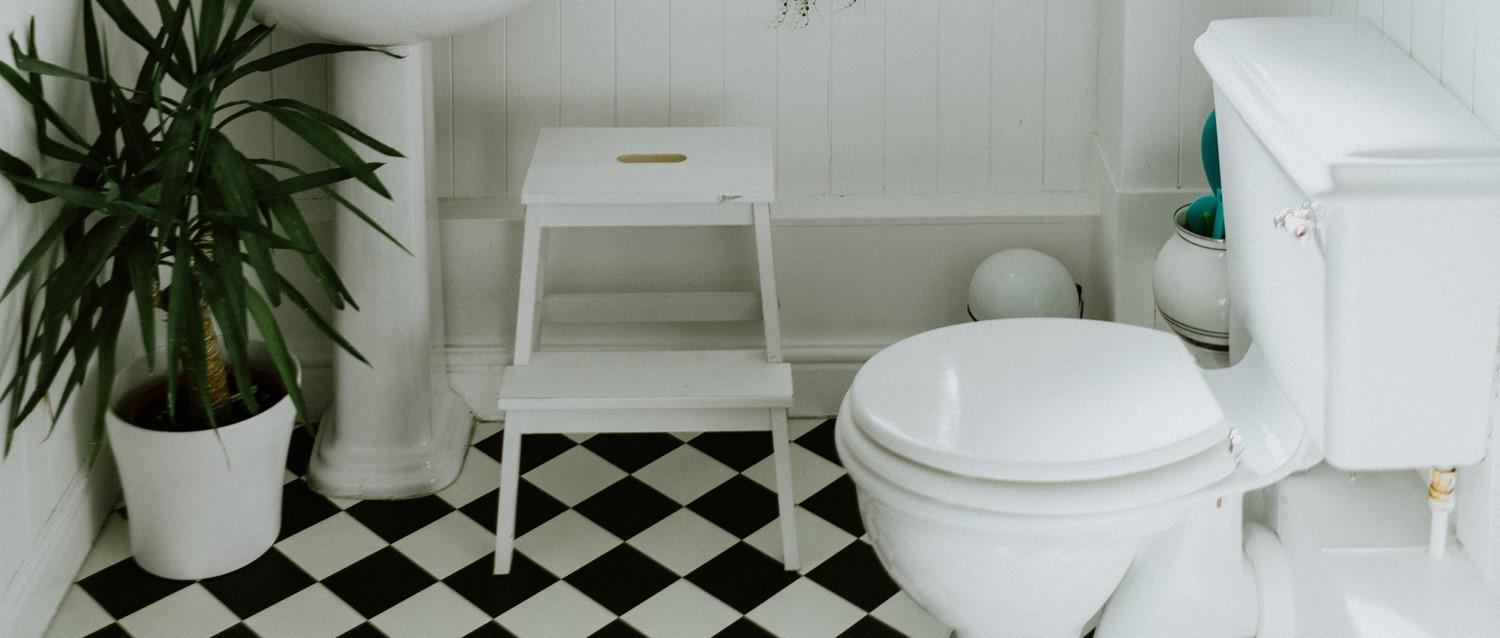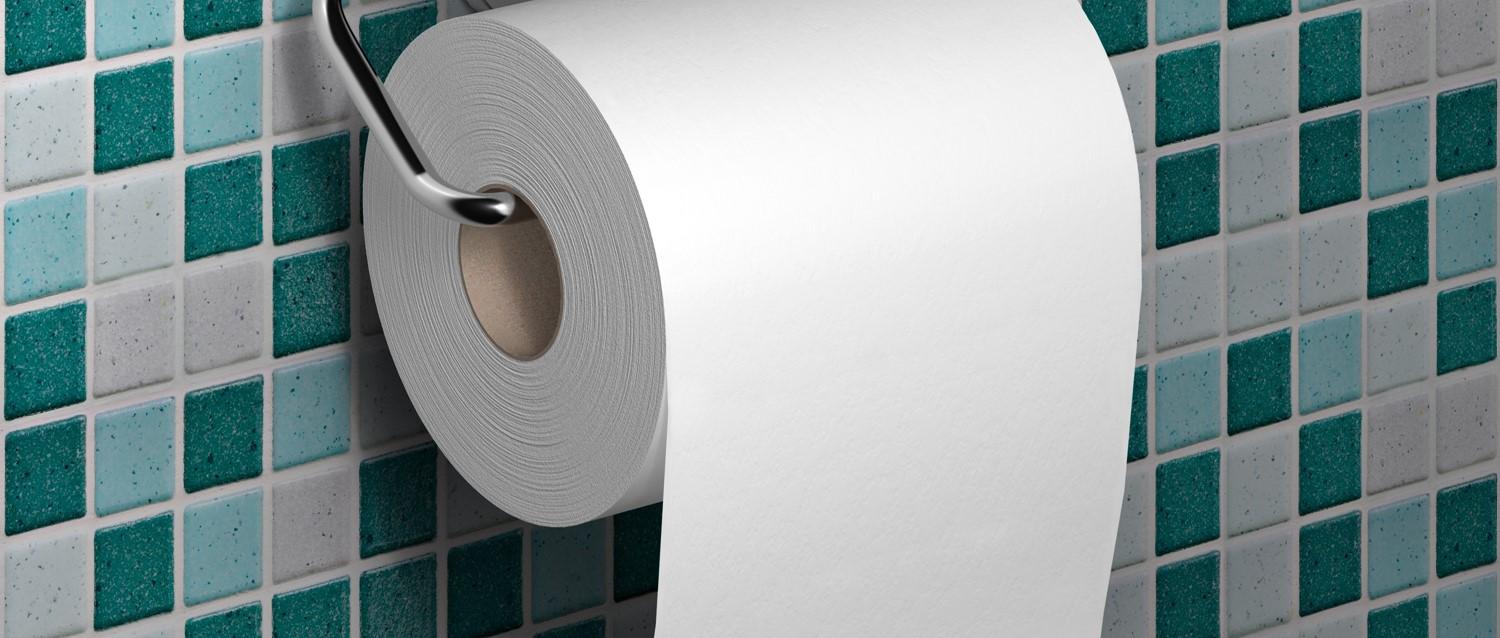
How do we screen for bowel cancer?
Peer reviewed by Dr Krishna Vakharia, MRCGPAuthored by Ellie BroughtonOriginally published 10 Nov 2022
Meets Patient’s editorial guidelines
- DownloadDownload
- Share
- Language
- Discussion
In the wake of Dame Deborah James's death, Dr Kevin Monahan and Dr Lisa Wilde talk about faecal immunochemical testing - checking for blood in your poo - and other types of bowel cancer screening. This includes Lynch syndrome, a hereditary condition increasing the risk of certain types of cancer including bowel cancer.
In this article:
Video picks for Bowel cancer
What is bowel cancer?
Bowel cancer is a catch-all term for any cancers in the colon or rectum - sometimes called colorectal cancer. It affects around 43,000 people a year in the UK and is the fourth most common type of cancer.
The five most common symptoms of bowel cancer:
Blood in your poo or bleeding from your bottom.
A persistent and unexplained change in your bowel habits.
Unexplained weight loss.
Extreme, unexplained tiredness.
A pain or lump in your abdomen - general tummy area.
What is screening?
Back to contentsThe NHS routinely screens everyone between 60 and 74, and since 2021 has also begun inviting everyone aged 50 to 59.
Faecal immunochemical testing (FIT)
The NHS sends people a home test kit, known as a faecal immunochemical test (FIT). You use the kit to collect a tiny sample of poo.
In the lab, samples are checked for blood, further screening tests will then diagnose whether or not the person has bowel cancer.
Dr Kevin Monahan is a consultant gastroenterologist at St Mark's in London, and was a lead author on essential new guidance for GPs on FIT testing1.
"Patients are facing significant delays and we're struggling to identify those patients who are most likely to require investigation," he says. "We want to be more accurate in how we can offer investigations because symptoms on their own are a rather crude way of identifying patients with bowel cancer.
"If we add FIT, we have an objective measure that can say, 'These are the people who most likely need to be investigated'. The doctor explains that whilst FIT may not be 100% certain, it is a very good test.
Dr Lisa Wilde, director of research and external affairs at Bowel Cancer UK, says FIT testing is particularly good at ruling out bowel cancer quickly for patients under 50. Only 6% of diagnoses are in people under 50, so although doctors are looking for it, they know it's rare2.
"It's entirely possible for a GP to go through their entire career without necessarily seeing a person under 50 with bowel cancer," Dr Wilde explains. "We want bowel cancer ruled out quickly for people, especially in that younger group - which is small but growing."
Continue reading below
Who can have bowel cancer screening?
Back to contentsAnyone can seek a referral if they have noticed one of the symptoms, and people in England aged 58 to 74 can take part in screening without symptoms.
How does bowel cancer screening work?
Back to contentsHow often are people screened for bowel cancer?
The national bowel cancer screening programme writes to people in the at-risk age group every two years.
Lynch syndrome
Some people are at greater risk of certain types of cancer, including bowel cancer, because they carry a genetic disposition known as Lynch syndrome.
All people who have this syndrome are offered a colonoscopy - camera test to check for colon cancer.
Continue reading below
Has bowel cancer screening been suspended?
Back to contentsNo, bowel cancer screening has not been suspended. After being paused at the start of the COVID pandemic, routine screening had returned across the UK by December 20203.
Does bowel cancer show up in blood tests?
Yes, some patients might be offered a test to find 'tumour markers' in your blood.
Can a CT scan detect bowel cancer?
Yes, after an endoscopy patients may be recommended a CT scan to further investigate bowel cancer.
How is bowel cancer diagnosed?
Bowel cancer is usually diagnosed after endoscopy.
For information about the bowel cancer screening programme, please contact your local screening service:
England: 0800 707 6060
Northern Ireland: 0800 015 2514
Scotland: 0800 012 1833
Wales: 0800 294 3370
The Macmillan Support Line can help with clinical, practical and financial information about a cancer diagnosis. Call 0808 808 0000, 8 am-8 pm any day of the week.
The Cancer Research UK nurses line can be reached on 0808 800 4040, Monday to Friday 9 am-5 pm.
Further reading
Back to contentsPatient picks for Bowel cancer

Cancer
Can burnt toast really cause cancer?
Acrylamide is a chemical formed when starchy foods, such as potatoes and bread, are cooked at high temperatures. Many scare stories have linked this chemical to an increased risk of cancer, but what's the truth?
by Dr Sarah Jarvis MBE, FRCGP

Cancer
Why bowel cancer screening is so important
Bowel cancer is the fourth most common cancer in the UK, with more than 41,000 people diagnosed - and 16,000 dying from the disease - every year. The number of deaths from bowel cancer is in decline, largely thanks to the national screening programme, which targets people aged 60 to 74 in England and invites them to do a home screening test every two years.
by Allie Anderson
Continue reading below
Article history
The information on this page is peer reviewed by qualified clinicians.
10 Nov 2022 | Originally published
Authored by:
Ellie Broughton
Peer reviewed by
Dr Krishna Vakharia, MRCGP

Ask, share, connect.
Browse discussions, ask questions, and share experiences across hundreds of health topics.

Feeling unwell?
Assess your symptoms online for free
Sign up to the Patient newsletter
Your weekly dose of clear, trustworthy health advice - written to help you feel informed, confident and in control.
By subscribing you accept our Privacy Policy. You can unsubscribe at any time. We never sell your data.